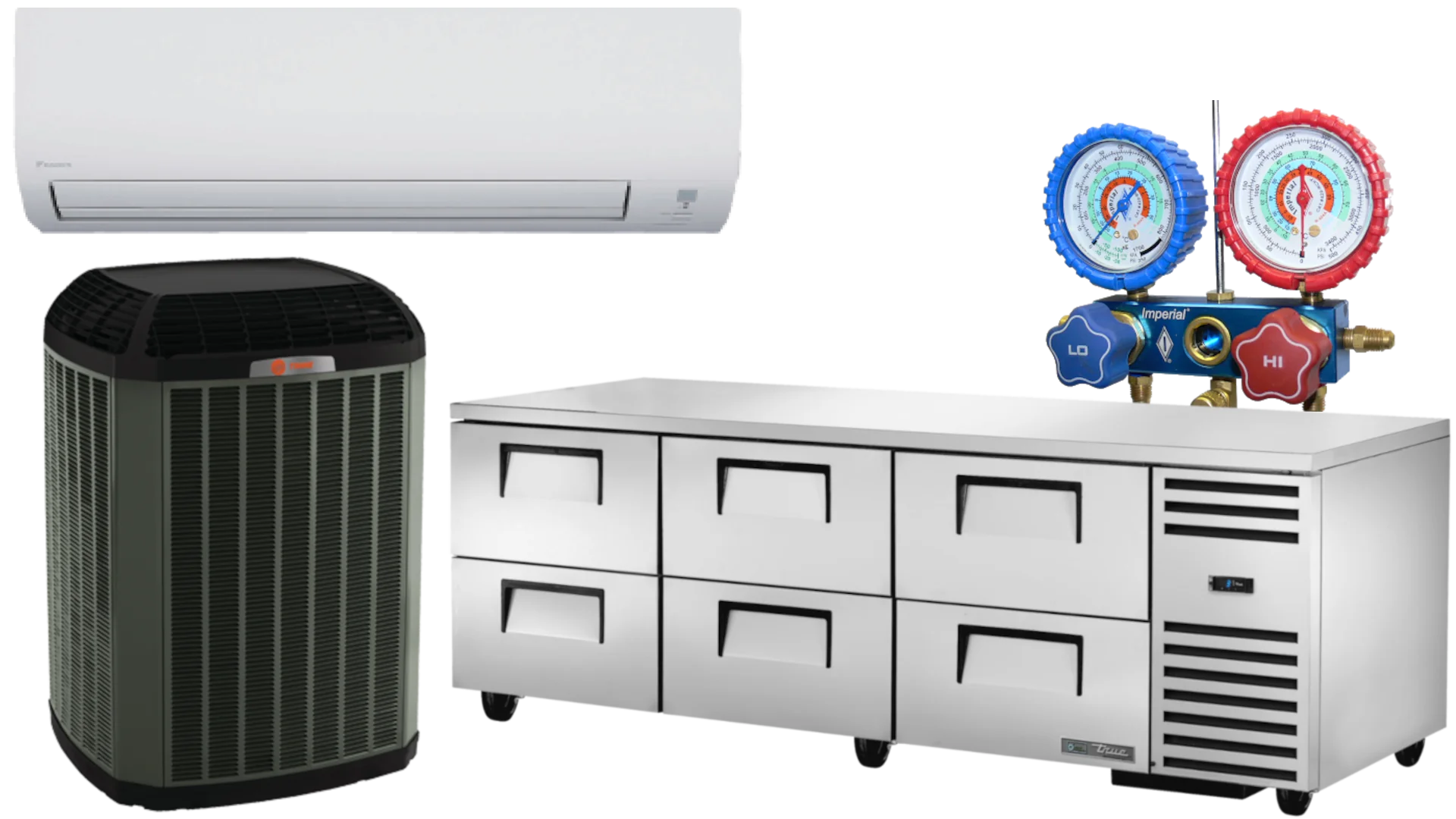If you live in Northern New Jersey, you're likely familiar with how essential a reliable boiler system is for keeping your home warm during the chilly winters. Boilers are a common heating solution in this region, but like any heating system, they require maintenance and occasional repairs. This guide will help answer common questions about boilers, including typical failures, energy sources, and the advantages of upgrading to a high-efficiency model.

What Are Common Failures for Boilers?
Boilers are sturdy, but issues can arise, especially in older systems. Here are some common failures homeowners in Northern NJ should be aware of:
1. Low Water Pressure
- If your boiler isn’t heating as efficiently, it might be due to low water pressure.
- Signs: No heat or reduced heat output.
- Solution: Check the pressure gauge and refill if needed, or call a professional for assistance.
2. Frozen Condensate Pipe
- In Northern NJ, freezing temperatures can cause the condensate pipe to freeze, which can shut down your boiler.
- Warning sign: Gurgling sounds from the boiler, or the system shuts off entirely.
- Fix: Safely thaw the pipe using warm water or insulation techniques to prevent freezing.
3. Circulator Pump Failure
- The circulator pump moves hot water through the heating system. A faulty pump can reduce heat distribution.
- Signs: Radiators or baseboard heaters not getting warm.
- Solution: This typically requires professional replacement or repair.
Energy Sources for Boilers
There are a few main types of energy sources for boilers in Northern NJ:
1. Natural Gas
The most common energy source in the region are Gas boilers usually provide quick, reliable heat.
2. Oil
Although less common today, oil boilers are still in use in older homes. Oil boiler are tend to be more efficient however require regular fuel delivery.
3. Electric
Electric boilers are an option in homes without gas lines. They are usually more expensive to operate due to higher electricity costs, but they have lower upfront installation expenses.
Achieving Low Operating Costs and Other Advantages through High-Efficiency Boilers
Many homes in Northern NJ still use older boiler systems, which are prone to inefficiency, higher energy bills, and increased maintenance costs over time. Upgrading to a high-efficiency boiler can solve these problems while offering several long-term benefits.
Modulated High-Efficiency Boilers
High-efficiency boilers are designed to reduce monthly energy bills significantly. In addition to saving on costs, they offer homeowners advanced features like heat modulation, which allows the system to adjust heat output precisely based on demand.
This means that instead of simply switching on and off, the boiler provides a consistent level of heat, improving comfort and efficiency. If you're considering upgrading, check out the latest research on boiler efficiency standards and the benefits of modern heating systems.
Benefits of High-Efficiency Boilers
- High-efficiency boilers operate at more than 90% efficiency, compared to older models that might run between 80% and 90%.
- Modulation technology allows homeowners to control the heat output more precisely, improving comfort and lowering costs.
- Equipped with sensors to monitor indoor temperatures, these boilers provide just the right amount of heat, reducing energy waste.
- Significant savings on maintenance and repair expenses, as high-efficiency boilers typically require less upkeep.
- Modern controls and automation allow for effortless configuration and reduce the need for manual adjustments, making your home heating system smarter and more convenient.
Boiler Maintenance in Northern NJ
Regular maintenance is crucial to ensure your boiler is running efficiently and safely. Northern NJ's cold winters can put a strain on heating systems, so it’s important to schedule annual inspections, cleanings, and tune-ups. Here are some common maintenance tasks:
- Check the pressure: Ensure that the boiler's water pressure is at the correct level (usually between 1 and 2 bars).
- Bleed radiators: If radiators aren’t heating properly, they may need bleeding to remove trapped air.
- Inspect the venting system: Check for any blockages in the flue to ensure gases are being properly vented.
- Test safety valves: Regularly test the pressure relief valve to ensure it’s functioning properly.
We Install, Repair, and Maintain High-Efficiency Boilers!
If you're considering replacing your old boiler with a new high-efficiency model, don’t hesitate to contact us. We provide installation, repair, and maintenance services in Northern NJ, ensuring your heating system runs in top condition through the winter months. Learn more about energy-efficient home heating systems and discover how you can improve your home's comfort and save on energy costs today.